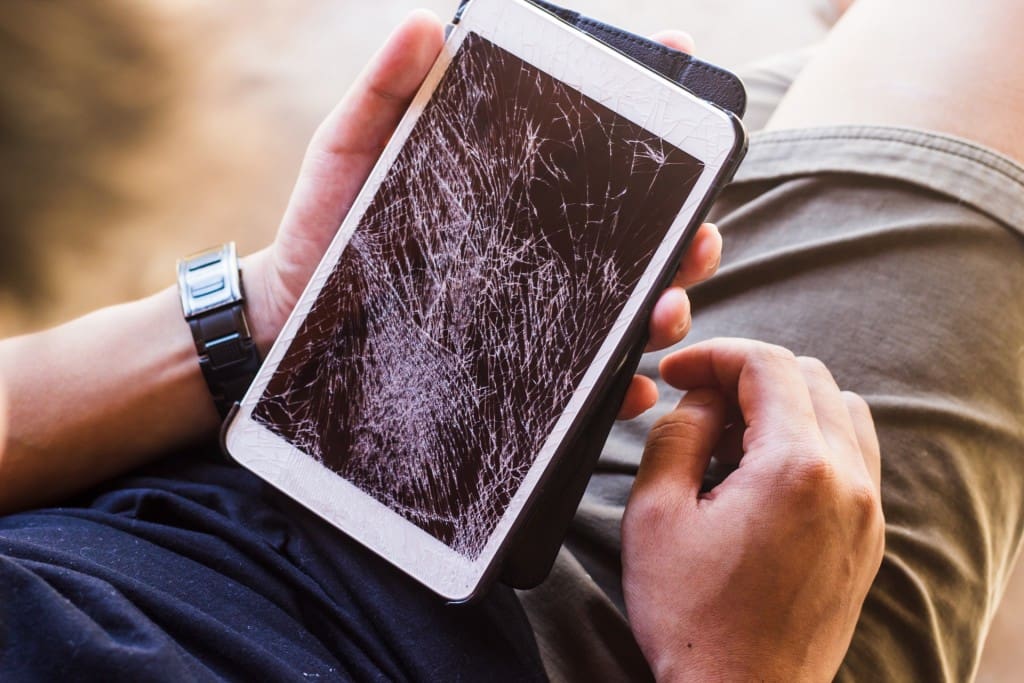A lot about you is unique; your face, your fingerprint, and your voice are all parts of you that won’t match anyone else in the world. Phone companies have realized this and turned this into a new way to keep your smartphone secure: biometrics, specifically mobile biometrics.
It seems then that this would make your phone highly secure then right? How could someone access your phone if only you have the ability to unlock it?
Like any new technology, there are both pros and cons to immediate integration. Take a look below for what we mean.
Mobile Biometrics, What Exactly Are They?
Starting off with the basics, biometrics are physical or behavioral human characteristics that can be used to digitally identify a person to grant access to systems, devices, or data. When we refer to mobile biometrics, we mean using that biometric data to unlock and secure your mobile device. This includes information like fingerprints, facial scanning, retinal scans, and voice pattern recognition.
Unlike traditional passwords, biometric data theoretically can’t be easily replicated or hacked as it is unique to you. However, that doesn’t mean the technology or sensors can’t be fooled.
How Secure Mobile Biometrics Are and Whether You Should Be Using It or Not
Our phones are becoming more and more integrated with our lives every day and while the likelihood of dealing with a hacker is low, it can still happen.
What do you do if someone hacks your phone and your only method of keeping your information safe is a fingerprint scan? It’s relatively easy to change out a PIN code, but you’re only born with so many unique parts of you. Not least of which there have been many ways hackers have found out to fake fingerprint authentication to gain access to your phone.
In most cases, biometric data is stored locally which means it’s much more difficult to gain access to it unless someone has physically stolen your phone. Apple has publicly declared that they don’t have a database of fingerprint data, but they are looking at ways to keep that data in the cloud. Other companies have been more vague on whether or not your data could eventually be put into a different storage system which may or may not be more secure.
If you’re going to use biometric data to keep your phone safe, consider adding another layer of security to it through a different type of security like a password. It might be more annoying, but it’ll be considerably more annoying and frustrating if your phone or data is stolen.
Tips on Keeping Your Cell Phone Secure
So what can you do to keep your phone secure? Believe it or not, passcodes are still the safest way to keep your cell phone protected. The longer your password, the more secure your phone will be. Using a password with a random mix of symbols and uppercase and lowercase letters is always good practice.
What else can you do to keep your mobile phone safe?
- Keep your phone up to date—there are often important patches that your system needs to keep it safe against the latest security threats.
- Choose a password you can remember, but not one someone could easily guess. That means avoiding ones like your birthday, your last name, or your mom’s maiden name.
- Don’t lose your data, there are plenty of free ways to back up your data online.
- Use two-factor authentication on important apps. That way, even if someone tries to reset your passwords you can verify if it was requested by you or not and deny them access.
While mobile biometrics are helpful, there are still plenty of technological hurdles they need to overcome to be a truly secure way to unlock your phone. If you are going to use them, don’t make it primary source for getting access to your phone and accounts, and make sure to keep your information backed up in case of any loss or theft.




